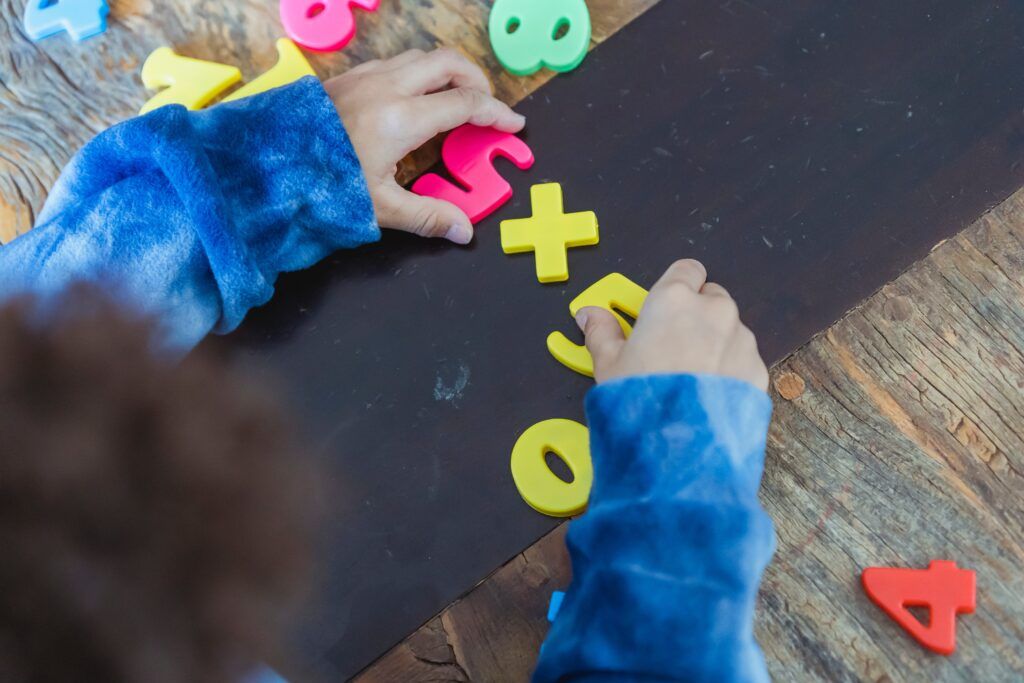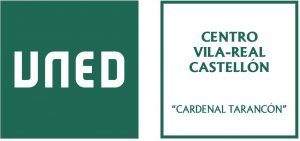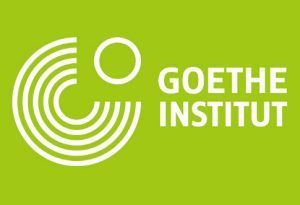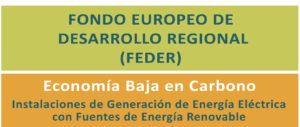Playful maths games for primary school children
Mathematical learning is not only oriented to its later practical application, but also allows the creation of a logical structure that can be applied in different situations. Maths games for Primary School children will generate a logical methodology that will enhance their abilities, both in other subjects and in situations beyond the classroom.
At British School of Vila-Real we try to stimulate the intelligence of our pupils on a daily basis, the maths games during the Primary stage allow us to encourage their motivation, as well as offering them a new way of looking at maths and how to learn it.
The advantages of learning mathematics through games
- Mathematics goes far beyond the application of formulas, mathematical logic is creative, and encourages pupils to think for themselves, a quality that can be promoted through play activities.
- Playful games allow us to fix knowledge that could otherwise only be assimilated in a theoretical way. Putting what has been learned into practice means securing this knowledge.
- Such activities invite experimentation and the application of solutions based on creativity. Mathematics becomes an example of what we can do if we look for our own solutions.
- The playful application of mathematics improves deductive and analytical thinking skills.
- It is also important to learn, during the primary school years, to order ideas and concepts in a coherent way, and playful mathematical activities facilitate the development of this process.
Playful activities for practising mathematical thinking
These are some of the maths games that we can implement in a primary classroom, so that pupils have fun with numbers.
Sequence games
Sequence games activate creativity and the logical part of our intelligence, creating a sequence allows us to integrate several mathematical operations to achieve an exact result. By playing sequence games, we get them to activate their mathematical skills.
Multiplication with dice
By using two 9-sided dice, we can help them to practise addition, subtraction and multiplication. This game consists of throwing the dice and adding, subtracting or multiplying the numbers obtained.
By playing in groups, we can make this activity much more fun.
Basketball with numbers
To improve mental calculation we can propose simple operations, once solved, the pupils have to put a ball in the basket in which the correct result of the operation is shown.
Geometric puzzles
Beyond operations with numbers, mathematics in primary school also includes learning about geometric bodies and their qualities. Geometric puzzles will allow pupils to understand the characteristics of basic geometric bodies.
Maths Gymkhana
Organising a maths gymkhana is simple and can be great fun. Along the route, the pupils solve operations that allow them to advance and obtain points. These operations are adapted to the level of learning they are at in the classroom at any given moment.
Operations with results
Usually, mathematical games aim to achieve a result, in this case the process is the opposite, the students have a result and a series of numbers that they must combine by means of operations, which will allow them to reach the proposed result. One of the advantages of this game is that there are often several different solutions.
Bigger or smaller
Bigger or smaller games are perfect for children in the first years of primary school. We can also establish a base number and place the numbers according to whether they are higher or lower than the proposed number.
Lengths and capacities
Calculating lengths and capacities can also be learned through games in the classroom. Converting figures from litres to decilitres or expressing distances in kilometres, metres or centimetres activates logic and the part of the brain that controls calculation.
Digital games
The digital world offers a wide variety of games oriented towards mathematical calculations for primary school children. For them it is a fun way of learning and putting into practice the operations they learn in the classroom. Digital games with tablets and computers allow them to consolidate their knowledge and think about mathematics from a more creative point of view, depending on the games proposed by the application.
British School of Vila-Real, the best school for their future
At British School of Vila-Real we have found that the recreational aspect of teaching has very positive implications for primary school pupils. During this educational stage we incorporate different educational resources, so that our pupils can develop their potential and build the mathematical knowledge they will need in the future.













